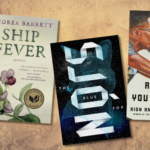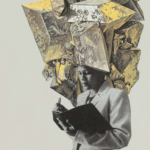
3 Elizabeth Acevedo Books as Graphic Novels
Elizabeth Acevedo has completely changed my mind about verse novels.
I’ve never been much of a poetry person. Steeped in the classics as a college student, I’ll admit to being a sucker for a good Greek epic, and there are a couple of Romans who rev my engine. Omar Khayyam has a special place in my heart.
I suppose it would be more accurate to say I’m not much of a modern poetry person. I respect the theory and the effort and definitely the brevity, the ability to tell a story not only with a paucity of words but with the spaces between. From time to time, I’ll sit down and try to read a book of poems, though, or go to a reading, and, with a few notable exceptions (mostly Maya Angelou related), no matter how much I want to engage, I simply…don’t.
It was because of that history I stayed away from verse novels for the longest time. Then, several very reliable book friends with excellent taste told me about The Poet X.
Because the wait-list for the print copy was so long at my library, I downloaded the almost immediately available audiobook. It ended up being one of the best impatient decisions I’ve ever made. Not only is the book absolutely gorgeous, listening to Acevedo read her own work, the cadence, the emphases, the way the words were formed…It was a literal life-changing experience. Because all of the sudden, here was a verse novel that sang to me.
An interesting adjunct to that: I have synesthesia. For those of you who haven’t heard the term, the basic definition is that my senses sometimes get confused. The most prominent manifestation for my synesthesia (it’s different for everyone) is that in certain circumstances, I smell colors. Sometimes, I also hear colors and shapes. And when I hear Acevedo’s books, whether via recording or in my own head (if I’m reading rather than listening) I hear them clearly enough to build graphic novels from those alternatively firing neurons (which may be why they grab me when other poetry doesn’t).
I know, right?
Check it out:
 The Poet X
The Poet X
Xiomara Batista learned to fight when men started to notice her body and to submit when her mother shoved her into church though she doesn’t really want to be a fighter or a paragon. She wants to be a poet in a world that has never cared what she had to say but she refuses to be silent any longer.
Like its protagonist, the words that comprise The Poet X have hard edges, sharp enough to cut if necessary, refusing to be dulled or silenced. Despite Xiomara’s need to carve her own space in the world, however, there are moments of tenderness and comfort, of beauty and home. Xiomara walks through a a world of which she is part and also from which she is trying to separate herself, which calls for an artist who can manipulate a dense, rich color palate and both use sharp, definitive lines while also blending when necessary.
Dream Artist: Jerome Walford
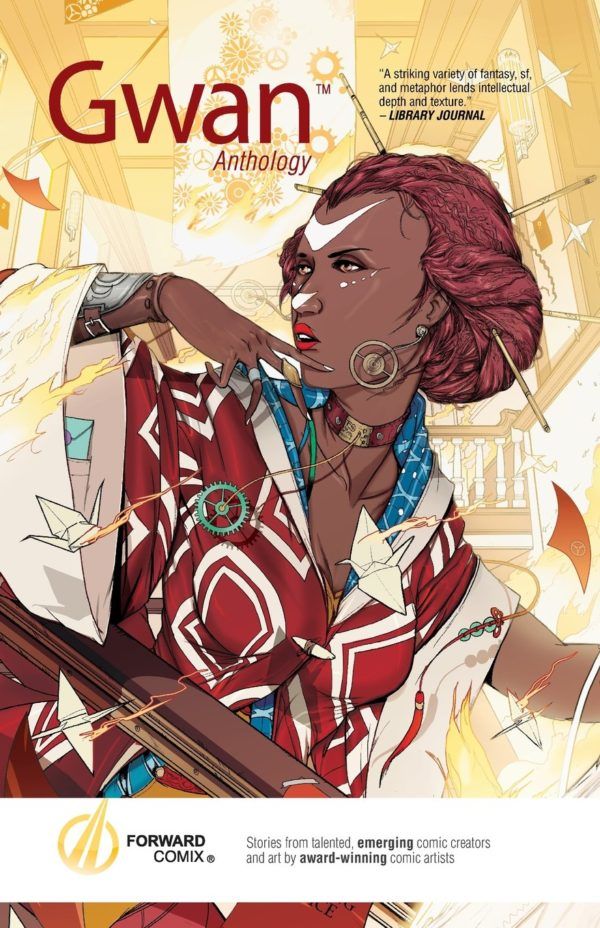
 With the Fire on High
With the Fire on High
I picked this one up simply by virtue of its having been written by Acevedo. While it’s a straight prose novel, Acevedo still works her word magic, giving each character a slightly different way of speaking and expressing themselves, a singular cadence, a carefully chosen metaphorical vocabulary.
Emoni Santiago didn’t mean to become a statistic and she was forced to grow up quickly when she got pregnant her freshman year of high school. When most of her friends are hanging out and messing around after school, Emoni is working to help her abuela with household expenses and support a daughter she loves more than life itself and more than her own dream of becoming a chef. When a senior year cooking elective offers an opportunity Emoni never thought she’d get, however, she starts to wonder what might be possible.
This book is vivid and packed to bursting with descriptions of food and huge emotions, of the weight of responsibility, of the consequences and priorities, of focus. The power of the prose promises a gorgeous graphic novel, ideally one in which the artists uses Emoni’s focus to guide the art: strong figural representation for Emoni, Abuela, and the little one, the food, their home, while using a looser style for other people, places, and things. As new people become important to Emoni, they can join her immediate family in the more concrete, more carefully delineated portraits.
Dream Artist: Gabriel Picolo
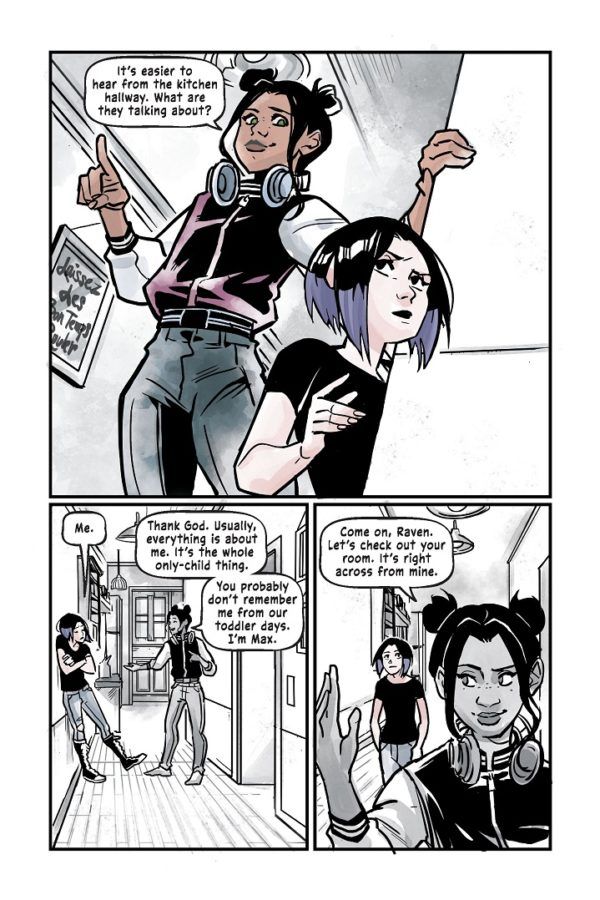
 Clap When You Land
Clap When You Land
Acevedo’s newest novel will drop in May but I was lucky enough to get an advanced copy to shove in my eyeballs and it is…I’m not even sure I have the words to describe how gorgeous and deep and affecting this verse novel is.
Camino Rios’s father works in the United States, returning to the Dominican Republic in time for her July birthday each year and heading back to the states in the fall. The year of her 17th birthday, she arrives to meet him and finds out his plane has crashed.
Yahira Rios’s father has never told her why he goes back to the Dominican Republic each summer, nor explained why she can’t go with him, but he’s always back in time for her September birthday. She knows something is wrong, however, when she’s called to the principal’s office and finds her mother waiting to tell her that Papi’s plane never made it to the Dominican.

Artistically, I’d love to see a tandem effort between two artists with opposing styles for Clap When You Land’s graphic novel, the creator drawing Camino’s chapters using a more impressionistic style and the creator drafting Yahira’s a more figural one. Ideally, the artists would switch when the girls start interacting with one another, giving the reader an idea of how Camino and Yahira see one another through eyes defined by their respective upbringings.
Dream artists: Julie Maroh (Camino’s story, above) and Nicola Scott (Yahira’s story, below).
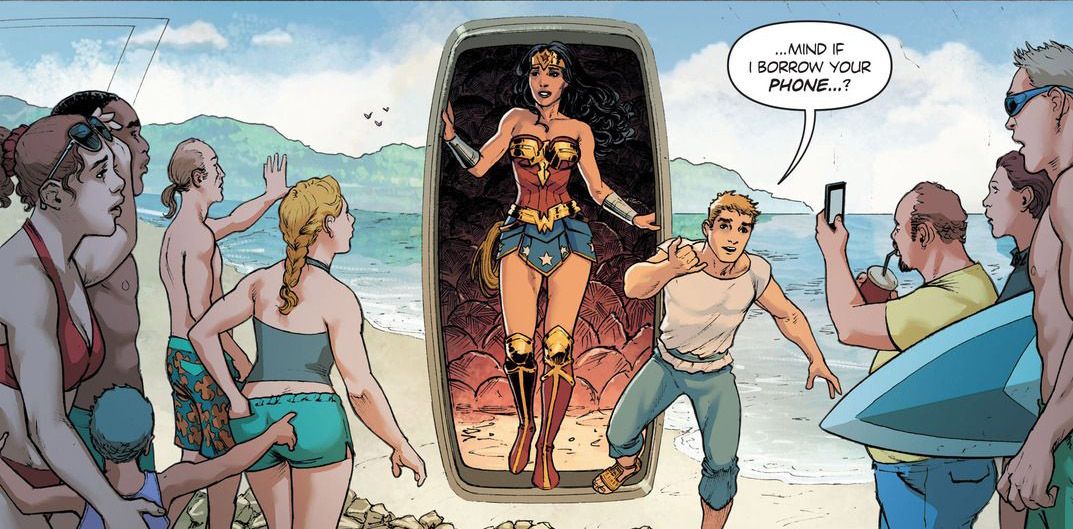
Are verse novels new to you? Graphic novels? Not sure you’ll like them? Had past experiences that leave you thinking, “This just isn’t my thing?” Keep trying. You never know what you may be lucky enough to find.







